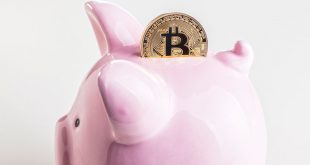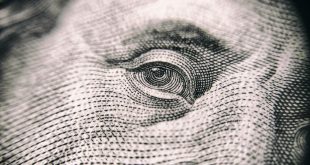As the gigantic book retailer Barnes & Noble bowed to the mighty fists of Amazon and Apple in the tweener tablet wars, CEO William Lynch has also bowed out of his executive position at the company as the corporation shifts its stance and begins to phase out the color Nook tablet.
“We thank William Lynch for helping transform Barnes & Noble into a leading digital content provider and for leading in the development of (its Nook products),” said company founder and Chairman Leonard Riggio in a statement that was issued to the press this week.
Lynch has reportedly also resigned his position from the board of directors at B & N, too. He has not offered any details as to why he resigned from the board nor has he named his successor yet.
“The company is in a transition period, and we have no immediate plans to name a CEO,” said B & N spokeswoman Mary Ellen Keating.
Up until March, 2010, Lynch had headed up the ecommerce section of the company. He was named CEO during that month, and then took over company operations. As the company shifts its focus to being more competitive in retail markets, as opposed to solely focusing on tablet sales that are being dwarfed by rivals like Amazon and Apple, they also will bid farewell to Lynch at the helm.
The company plans to continue producing its popular GlowLight and Nook Simple Touch tablets, but has announced that it will stop making the HD color Nook tablet that they launched in 2011 and will instead subcontract its production out to another entity.
The Nook has been consistently outperformed by the Apple iPad and the Amazon Kindle Fire HD, and has been coming in at third place all around since the tweener tablet wars commenced end of 2011. Since that time, unit revenue for the Nook has tumbled 34 percent to $108 million, with losses totaling more than $177 million thus far. During the fourth quarter of last year, the retail revenue generated by the Nook also fell by nearly 10 percent.
Analysts are speculating that Riggio may have future plans to try and take the retail unit of the bookstores private in the near future. Investors reacted to this speculation in afterhours as shares fell by 5 percent.
 Invest Smart Asset Protection and Investment News
Invest Smart Asset Protection and Investment News




